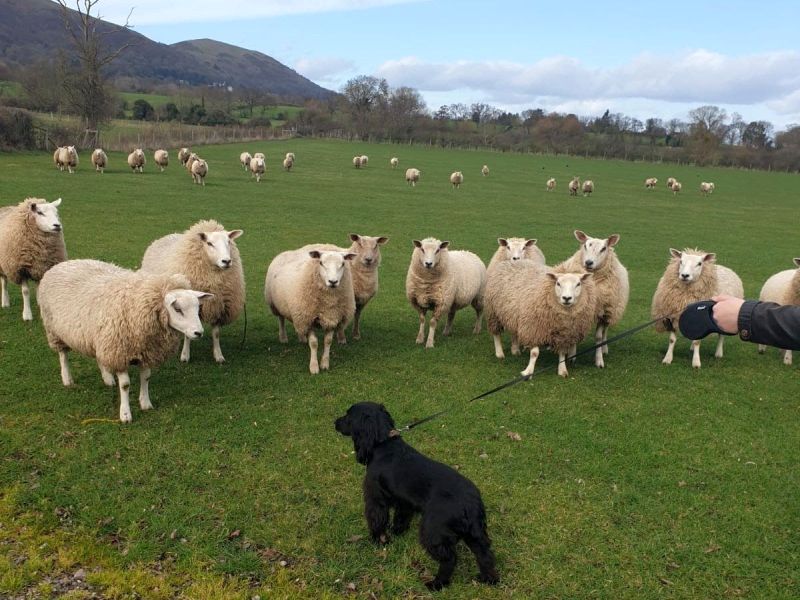
The Scottish government has been told to clamp down on livestock worrying by introducing increased penalties and supportive education for dog owners.
Scottish Land & Estates (SLE), an organisation which represents landowners and rural firms, said the country needed a 'clear and consistent approach' to the crime.
It has sent evidence to the Scottish Parliament’s Rural Economy and Connectivity Committee on the proposed Dogs (Protection of Livestock) (Amendment) (Scotland) Bill,
Livestock worrying in the United Kingdom cost farmers £1.2 million last year, according to NFU Mutual figures.
A survey by the insurer found 63% of dog owners allowed their pets to roam free in the countryside, despite half admitting their dog did not always come back when called.
SLE highlighted the extreme financial and emotional stress such livestock worrying incidents can cause, as well as the animal welfare issues.
Emma Steel, Policy Assistant at SLE, said increased penalties and robust enforcement were 'vital' to its prevention.
“Livestock worrying is a traumatic issue, it can have a massive impact on the animal owners and on the business.
“We fully support increasing the penalties for livestock worrying, as proposed in this Bill."
She said current penalties did not reflect the seriousness of this type of incident, and proposed the maximum penalty of £5,000 as suggested in the Bill should be raised higher for the most serious cases.
“A consistent approach to recording livestock worrying and attack incidents will be vital to providing a clear picture of the ongoing scale of the issue and will allow us to understand the effectiveness of these new measures," she said.
Police Scotland can also play a 'vital role' in addressing livestock worrying through increased training to ensure full investigations can be carried out into reported incidents.
“While strengthening the legislation around penalties and enforcement is important, we also believe additional supportive measures could be introduced to help reduce incidents of livestock worrying and attacks," Ms Steel added.
"For example, we would like to see more education and awareness campaigns on the dangers posed by dogs around livestock, and more training provided for dog owners on how and when to control dogs around livestock.”
